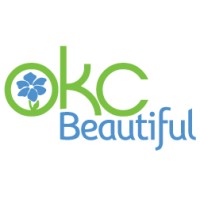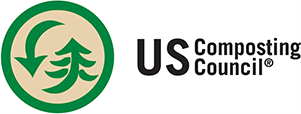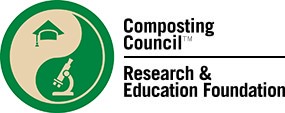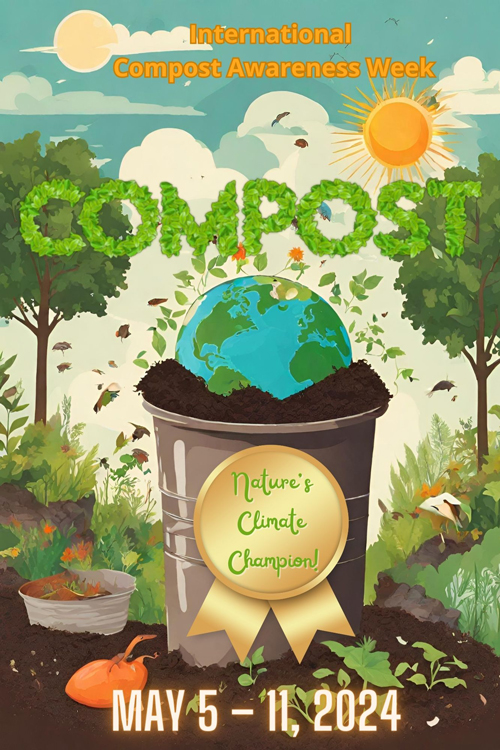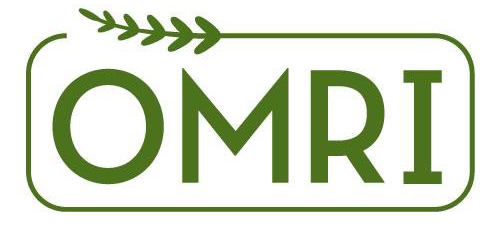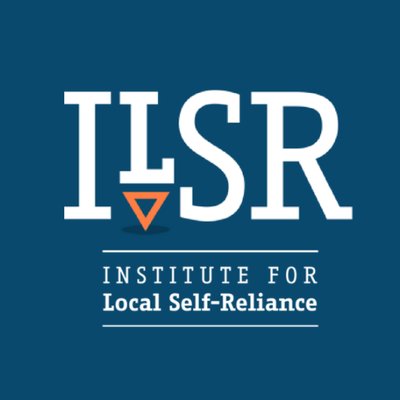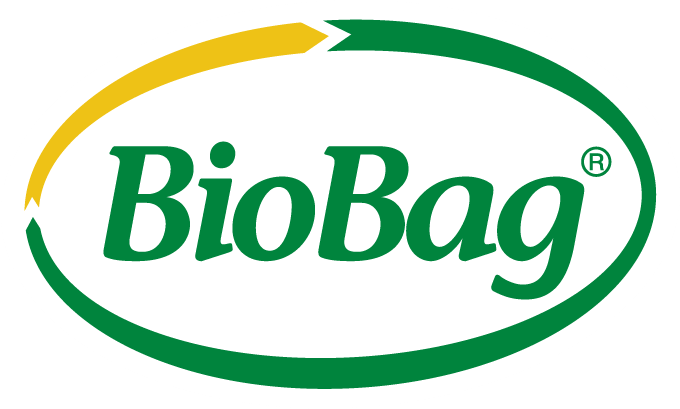Scroll through our resources below to support you on your composting journey. The categories are:
Local Resources, Regenerative Agriculture, National Resources, and Compostable/Biodegradable Products.
Oklahoma Compost and Sustainability Association
OCASA is proud to extend the conversation and educational growth that happens at our annual Oklahoma Compost Conference to some how-to videos, interviews, and conference summaries on our YouTube Channel. View, like, and subscribe today! And, our handouts are linked below.
Vermicompost 101: A Step-by-Step Look at How to Compost with Worms!
PDF Download
 This work is licensed under a
This work is licensed under a
Creative Commons Attribution-NonCommercial-
ShareAlike 4.0 International License.
Oklahoma State University Cooperative Extension Services: www.oces.okstate.edu
Oklahoma Cooperative Extension Service county educators and area, district and state specialists develop science-based educational programs to help Oklahomans solve local issues and concerns, promote leadership and manage resources wisely.
Fertile Ground: www.fertilegroundok.coop
A worker-owned cooperative that provides sustainable solutions that reduce environmental impacts and enhance the quality of life in central Oklahoma.
Oklahoma Recycling Association: www.recycleok.org
OKRA is a non-profit organization established to improve the business of recycling by providing education and referral services about integrated solid waste management, including reduction, reuse, recycling, and composting in Oklahoma.
OKC Beautiful: okcbeautiful.com
A non-profit leading Oklahoma City’s beautification and environmental stewardship through collaboration, education, and advocacy for more than 50 years. They host tree plantings, composting workshops, sustainability social hours, school community gardens, and more
Minick Materials: www.minickmaterials.com
A local business in Oklahoma since 1958, providing more than 300 quality products for both commercial and residential applications at three convenient locations. Their selection includes soils, sand, soil-enhancing products, building stone veneers, etc.
The Sustainability Alliance: thesustainabilityalliance.org
The Sustainability Alliance, based in Tulsa, OK, helps communities thrive by providing practical and sustainable solutions to improve the triple bottom line: people, profit, planet.
No-Till on the Plains: www.notill.org
No-till on the Plains is a 501c3 non-profit educational organization whose mission is to provide education and networking on agricultural production systems that model nature.
Kiss the Ground: www.kisstheground.com
Regenerative Agriculture is a system of farming principles and practices that increases biodiversity, enriches soils, improves watersheds and enhances ecosystem services. Regenerative Agriculture aims to capture carbon in soil and aboveground biomass, reversing current global trends of atmospheric accumulation.
The US Composting Council: www.compostingcouncil.org
The US Composting Council believes compost manufacturing and compost utilization are central to creating healthy soils, clean air and water, a stable climate and a sustainable society.
Biocycle: www.biocycle.net
Official Magazine of the US Composting Council
US Environmental Protection Agency (EPA): www.epa.gov/sustainable-management-food
Check out the EPA’s Sustainable Food Management topic, especially their section on Reducing the Impact of Wasted Food by Feeding the Soil and Composting.
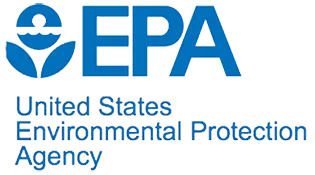
International Compost Awareness Week (ICAW): https://www.compostfoundation.org/ICAW/ICAW-Home
ICAW is the largest and most comprehensive education initiative of the compost industry. It is celebrated nationwide and in other countries each year during the first full week of May. Started in Canada in 1995, ICAW has continued to grow as more people, businesses, municipalities, schools and organizations are recognizing the importance of composting and the long-term benefits from organics recycling.
The goal of the program is to raise the awareness of the public regarding the benefits of using compost. The program includes a poster contest in the fall and activities and events held during the week.
Organic Materials Review Institute: www.omri.org
OMRI is a 501(c)(3) nonprofit organization that provides an independent review of products, such as fertilizers, pest controls, livestock health care products and numerous other inputs that are intended for use in certified organic production and processing.
The Institute for Local Self-Reliance (ILSR): www.ilsr.org
The Institute’s mission is to provide innovative strategies, working models and timely information to support environmentally sound and equitable community development. To this end, ILSR works with citizens, activists, policymakers and entrepreneurs to design systems, policies and enterprises that meet local or regional needs; to maximize human, material, natural and financial resources; and to ensure that the benefits of these systems and resources accrue to all local citizens.
Biodegradable Products Institute (BPI): www.bpiworld.org
BPI is North America’s leading certifier of compostable products and packaging. Our certification program ensures that products and packaging displaying the BPI logo have been independently tested and verified according to scientifically based standards.
BioBag: www.biobagusa.com
BioBag® is a world leader in providing bags and films for the collection of organic waste for the purpose of composting. Our mission is to keep organic waste from ever entering a landfill. Unlike regular plastic bags, BioBags are made from a resin derived from plants, vegetable oils and compostable polymers and can be consumed by micro-organisms that live in our soils. Because of this, our BioBags can be readily composted along with organic waste at municipal composting facilities.





